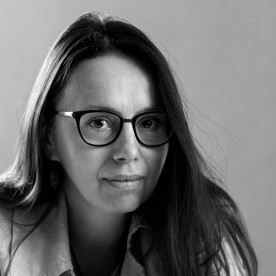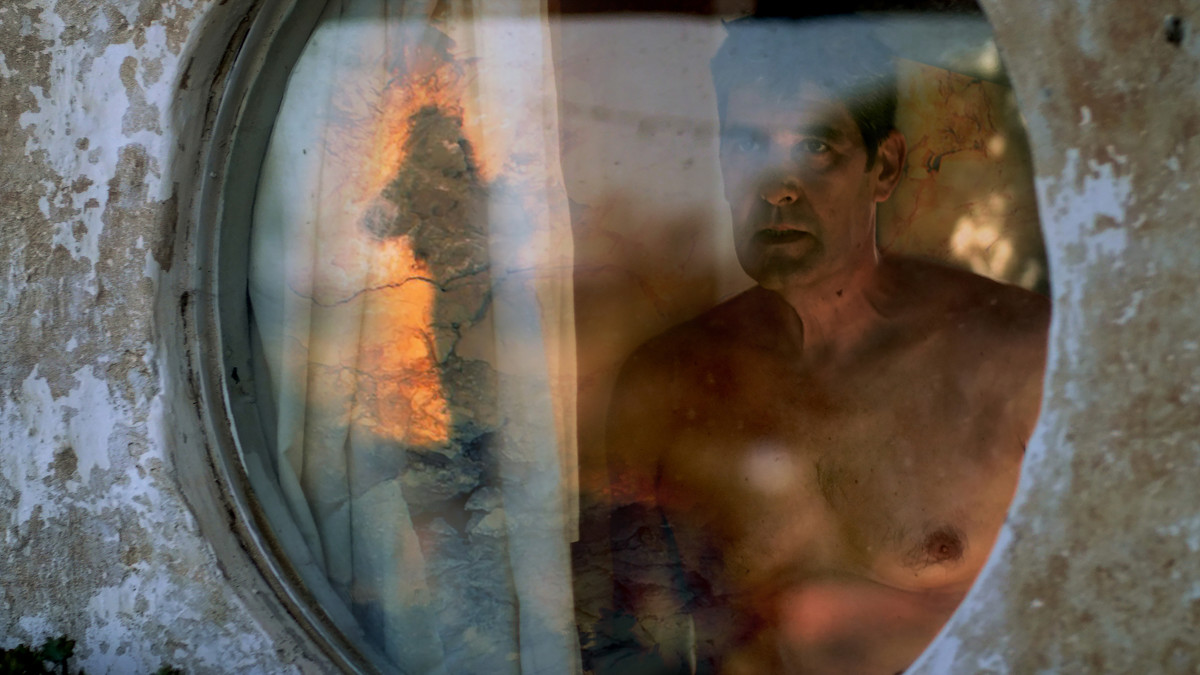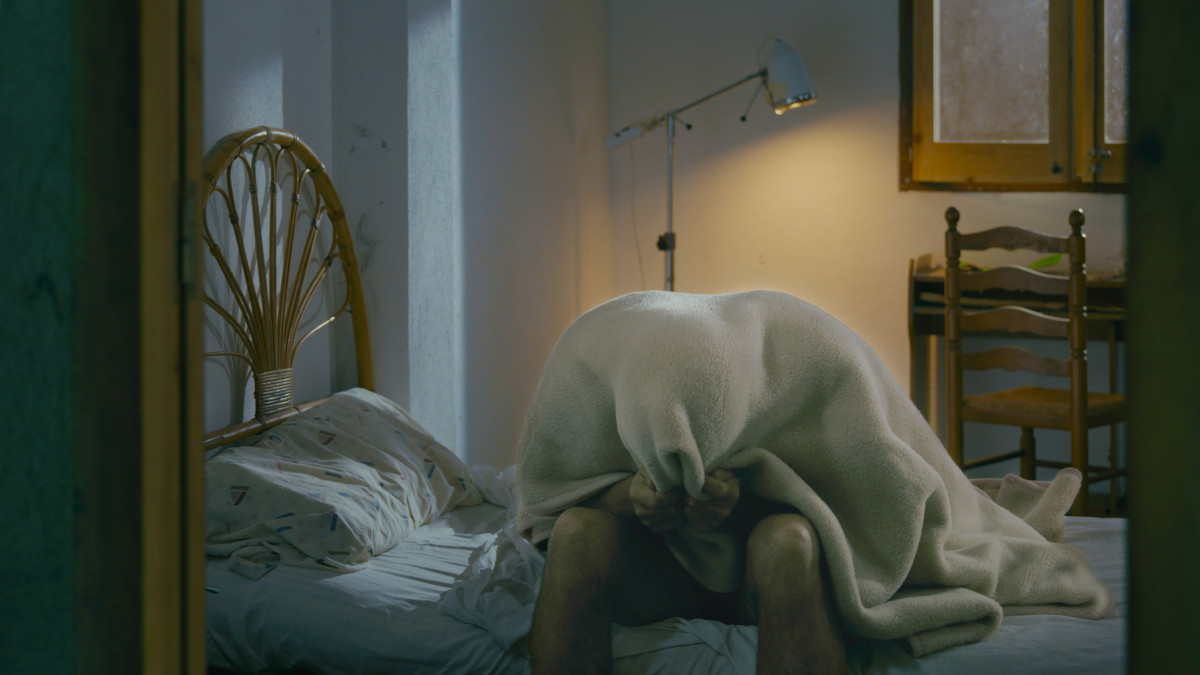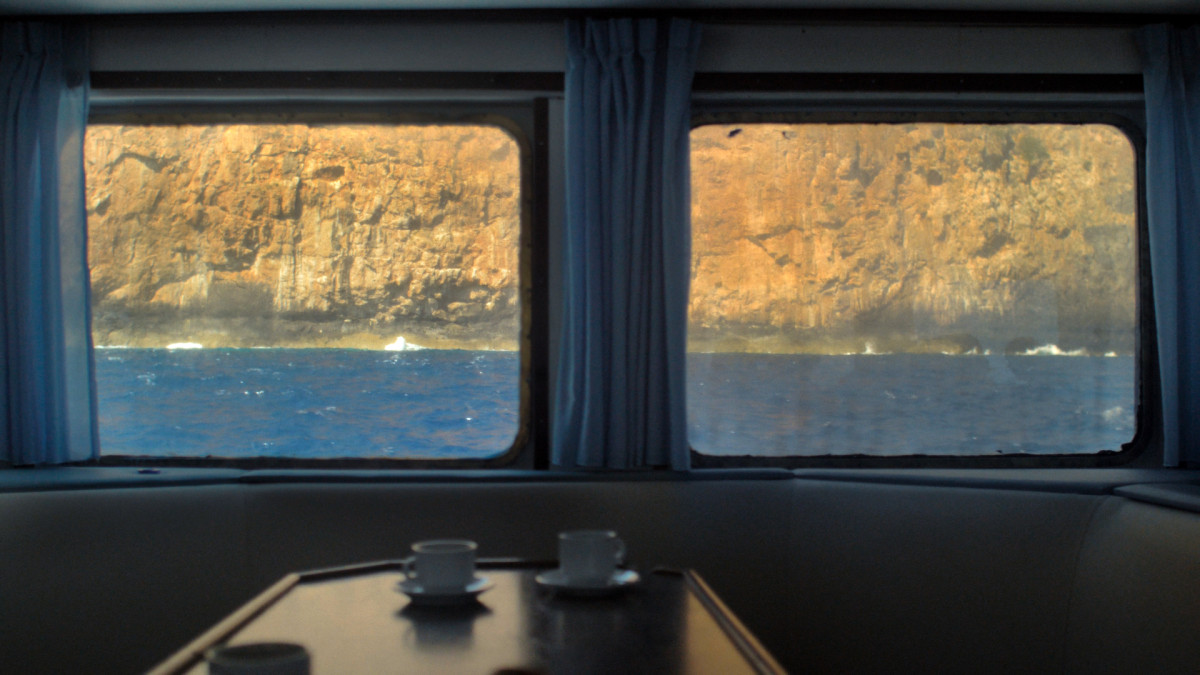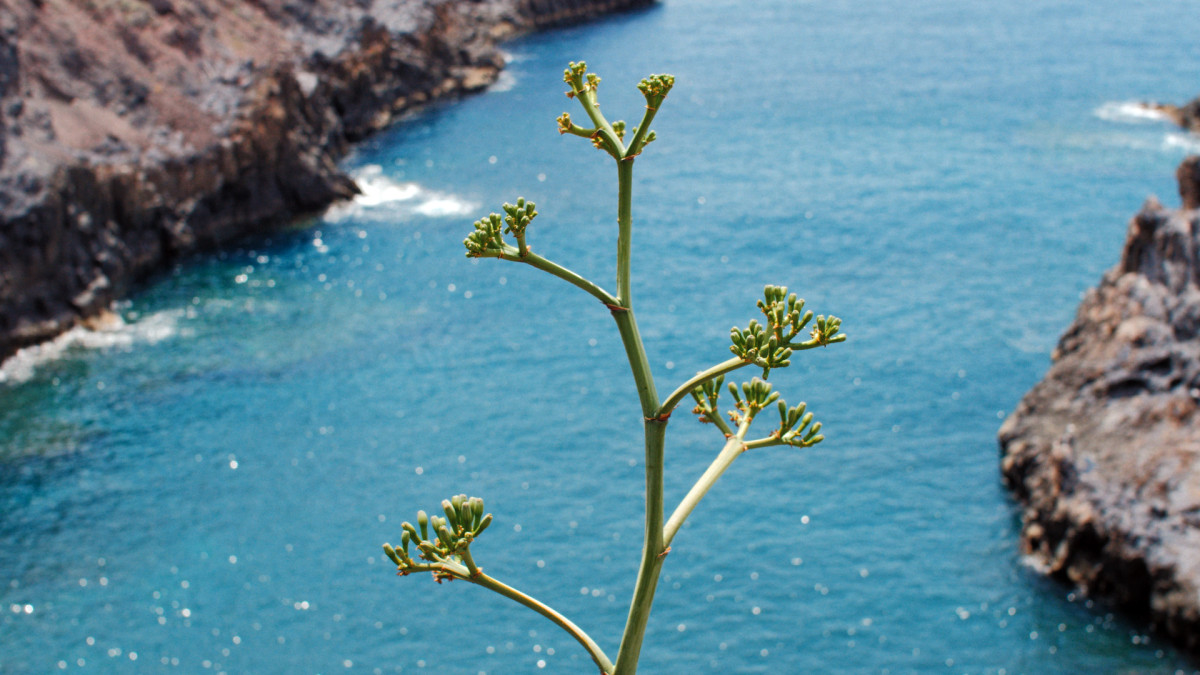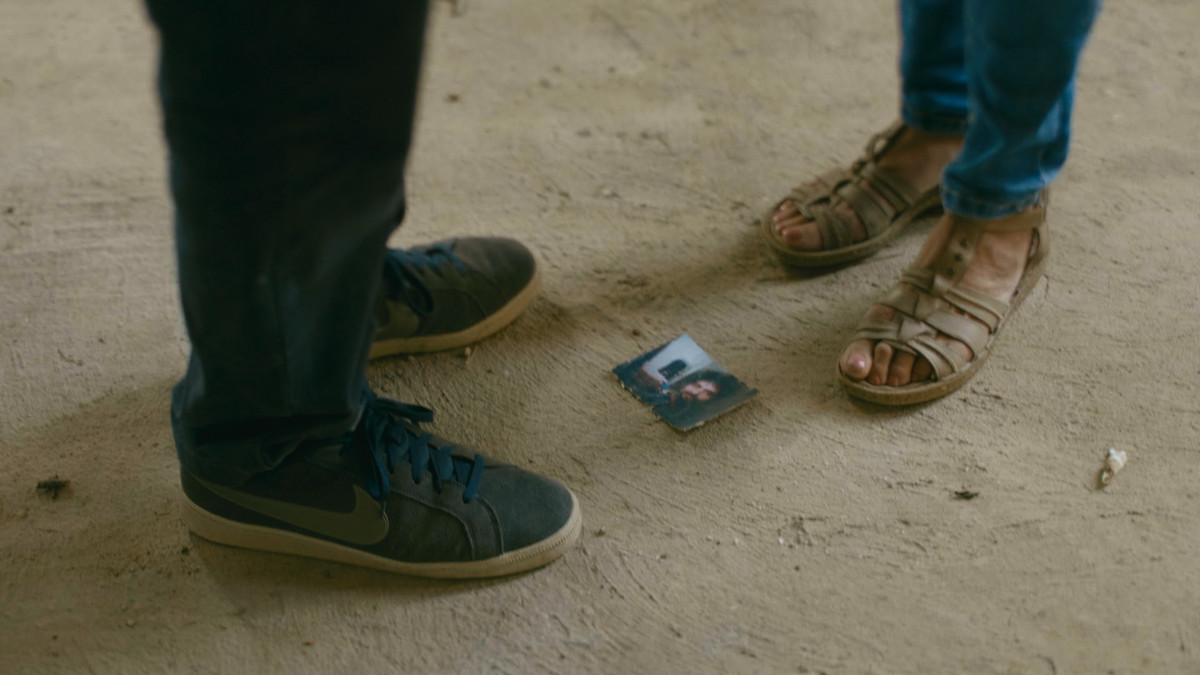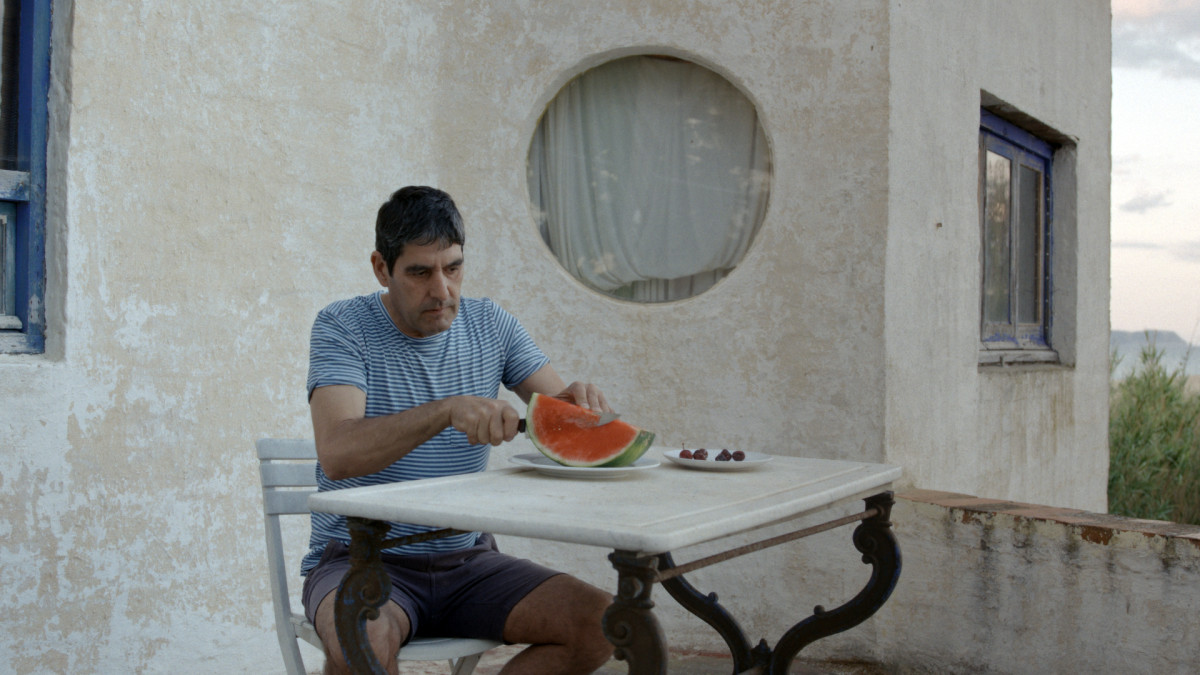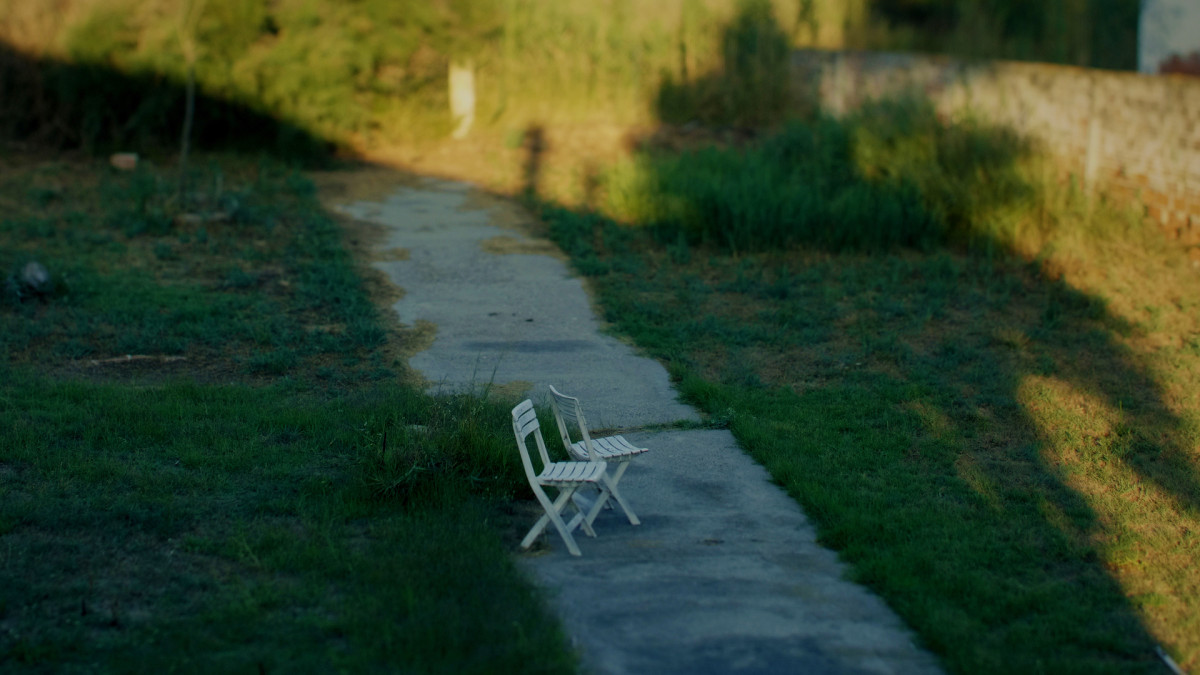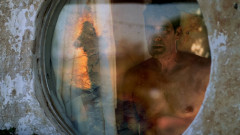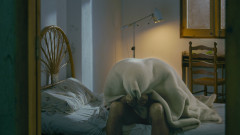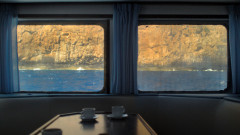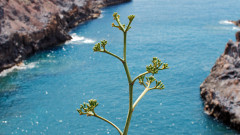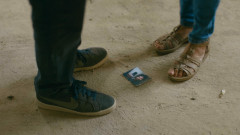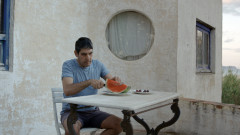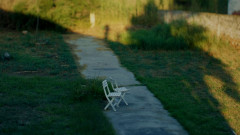Efthymia got her Master's Degree in Artistic Productions and Research at the Faculty of Fine Arts at the University of Barcelona and trained as a photographer at the Institut d'Estudis Fotogràfics de Catalunya. From the University of Crete, Greece, she got a degree in Psychology. She is an alumna of IDFAcademy 2020; Circle - Women's Doc Accelerator 2020; Acció producció - Dones Visuals 2021; LIM Development Angels; and dok.incubator 2022. She is attracted by social and gender issues and feels close to personal and sensitive approaches to complex and lesser known realities. She seeks to explore spaces of intimacy between and within people. She worked as a co-director of photography on the documentary Serás Hombre by Isabel de Ocampo (2018) and was the DOP of the feature film Rocco tiene tu nombre by Angelo Orlando (2015). In 2015, she directed the documentary short Refrán. Light Falls Vertical is her first feature.
Light Falls Vertical
Light Falls Vertical
Light Falls Vertical
Leaving my birth island wasn't departure but escape. Years later, I arrive on another barren island, strangely familiar. Seeking a man willing to unveil his violence, I realise that he also holds the key to my deepest fears, echoing in the violence of my own past. Now his story will never be separated from mine.
'While working on this film, I found myself in a very delicate position as Ernesto's facilitator, the man who grappled with facing violence that he carried out against his family, the violence he said he had inherited from his father. At the same time, I was confronted by the struggle of my own, coming to terms with the past that I had fled two decades ago.
'Like Ernesto, I too am an islander. As a woman born and raised on the Greek island of Crete, my story is vastly different from Ernesto's, yet what we seemed to share were the memories of our fathers and patterns of violence that reigned in our families.
'Suddenly, once a stranger, Ernesto became a familiar figure. Alternating between the roles of the victim and the perpetrator in the film, he reenacts scenes from his childhood, playing his mother and himself who suffered at the hands of his father. Then, in other scenes, which he directs, he is already an adult who commits violent acts against his wife.
'Far from merely condemning Ernesto, I sought to draw parallels between our stories as a bridge of intimacy and understanding. This bridge is built slowly and delicately in the film, and it is left fragile, exposing our shared vulnerabilities. Through the narrative of the other, he who is most distant, I looked for answers in my own narrative, switching between the mirror and the magnifying glass. I allowed myself to lean on his recollections of violence to navigate the tumultuous waters of my own memories of it. As this project unfurled, my story became louder, intertwining with Ernesto's, until it brought home to me that we were interdependent in the process of healing'. - Efthymia ZYMVRAGAKI
